University Assignment: Auditing and Assurance - IFRS Reflection Report
VerifiedAdded on 2022/12/15
|5
|780
|370
Report
AI Summary
This report reflects on the article "Contextual issues of the convergence of International Financial Reporting Standards: The case of Germany" by Hellmann, Perera, and Patel (2010). The report discusses the role of the International Accounting Standards Board (IASB) in setting accounting standards to harmonize financial reporting for multinational companies, emphasizing the importance of International Financial Reporting Standards (IFRS) for consistent presentation and specific disclosures. It highlights the significance of consolidated financial statements and examines the differences in their preparation between German and Anglo-American companies. The report also explains the concepts of de jure and de facto convergence and their impact on financial statement comparability. The conclusion suggests that the IASB is achieving its objectives, anticipating increased global adoption of consistent reporting standards. The report references several sources, including Flower (2015) and Lang and Stice-Lawrence (2015), supporting its analysis of the article's core themes and arguments. The report also examines the importance of contextual factors in the convergence of IFRS and the impact of these factors on the adoption of accounting standards.
1 out of 5
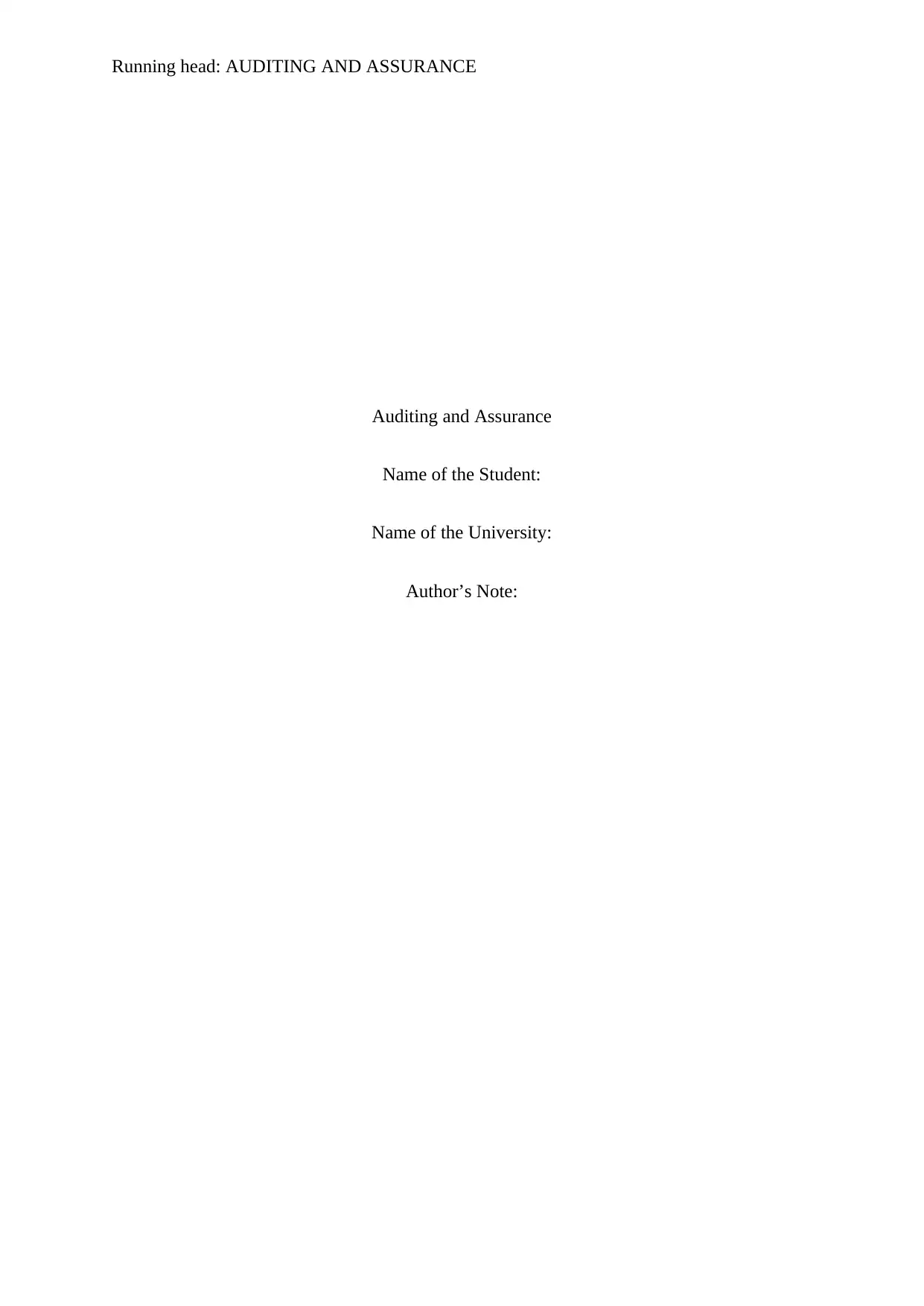
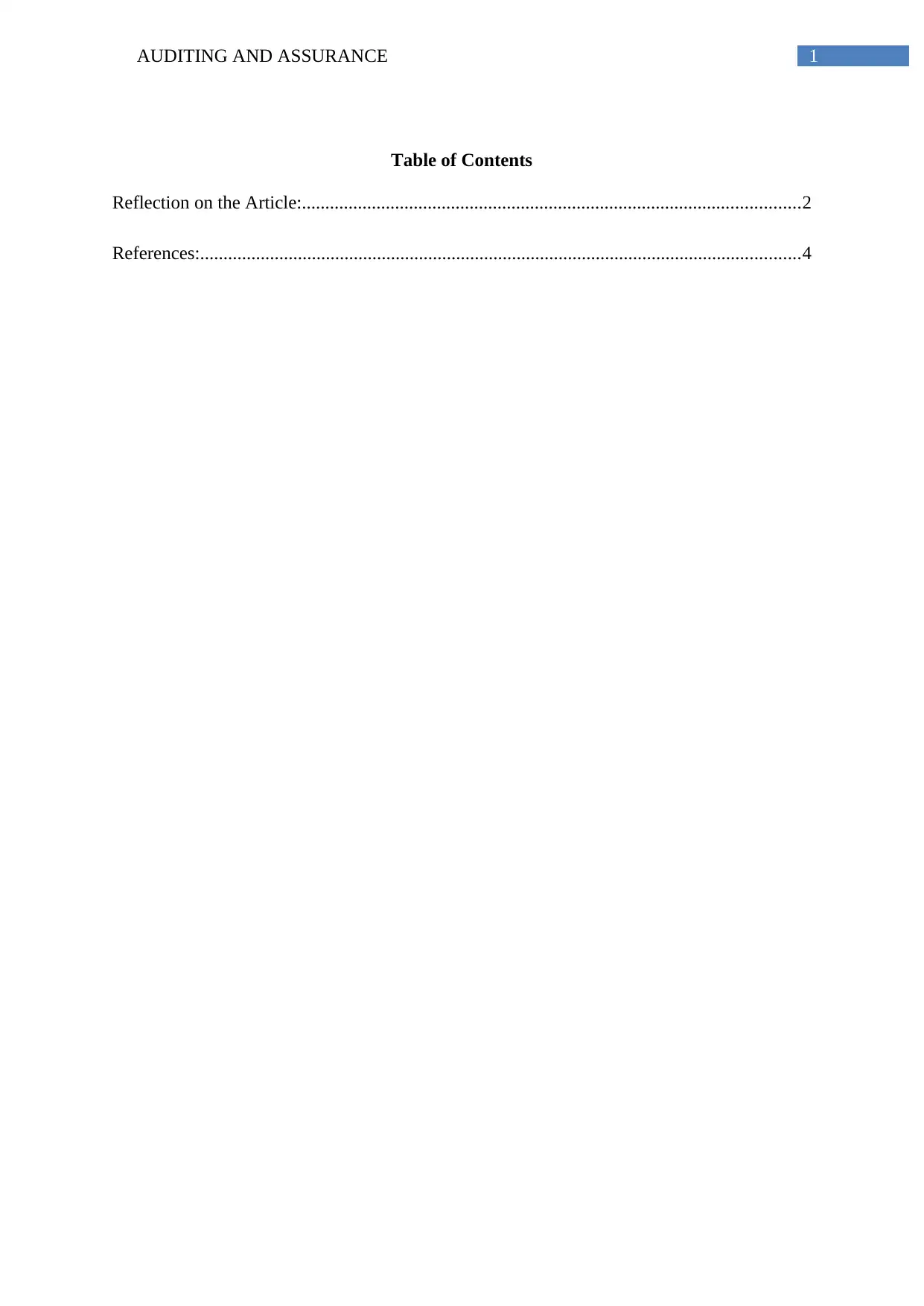
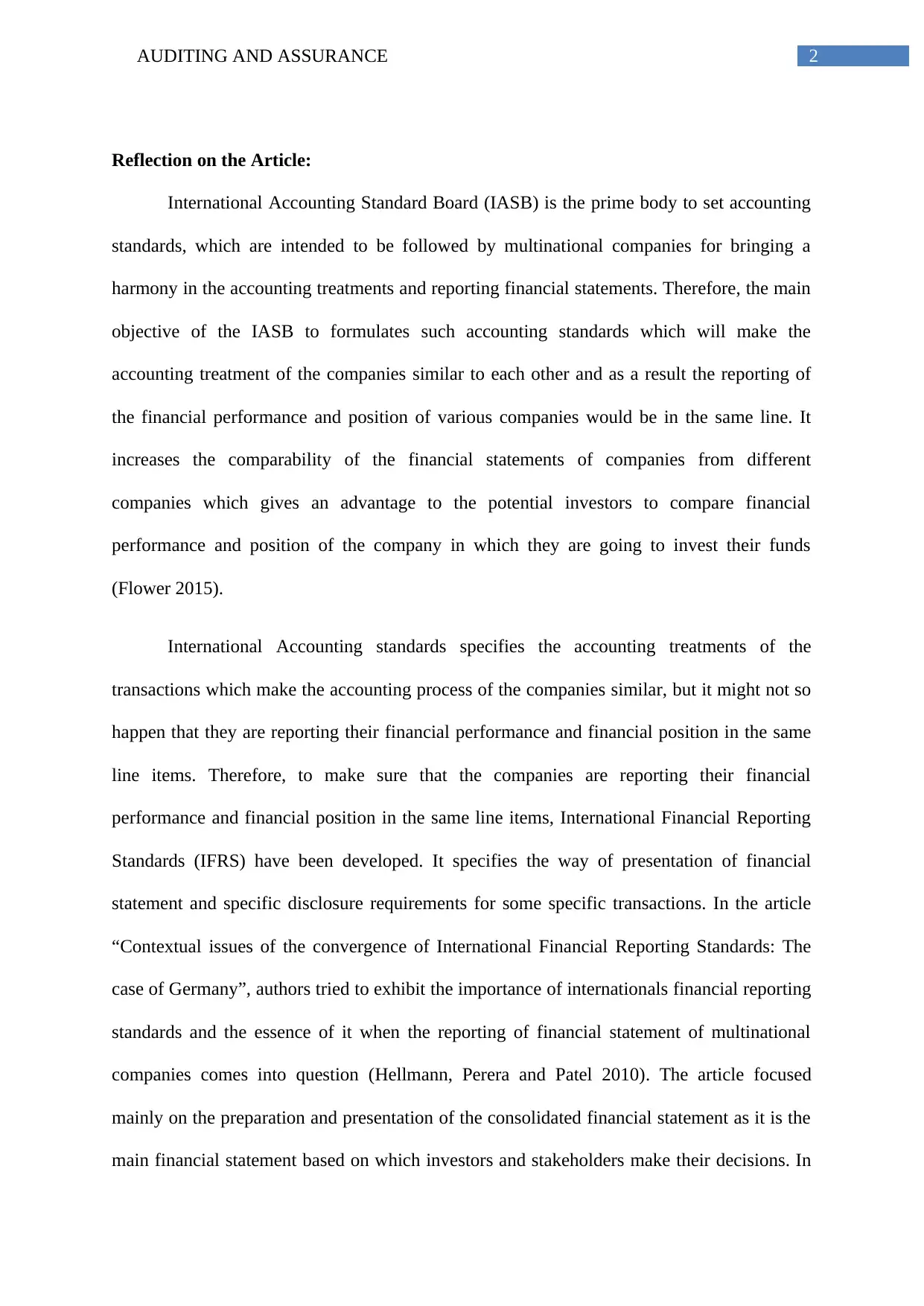

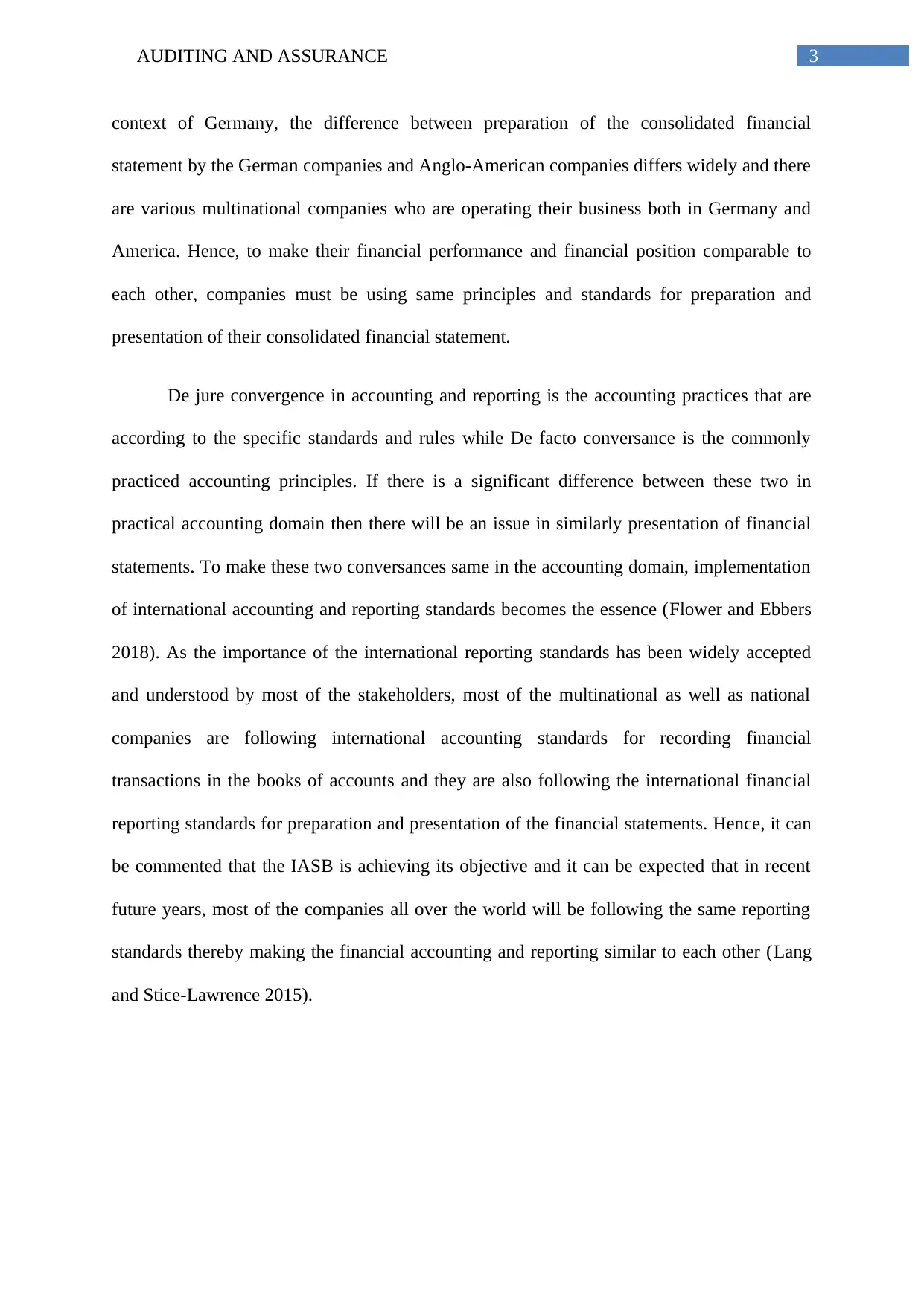
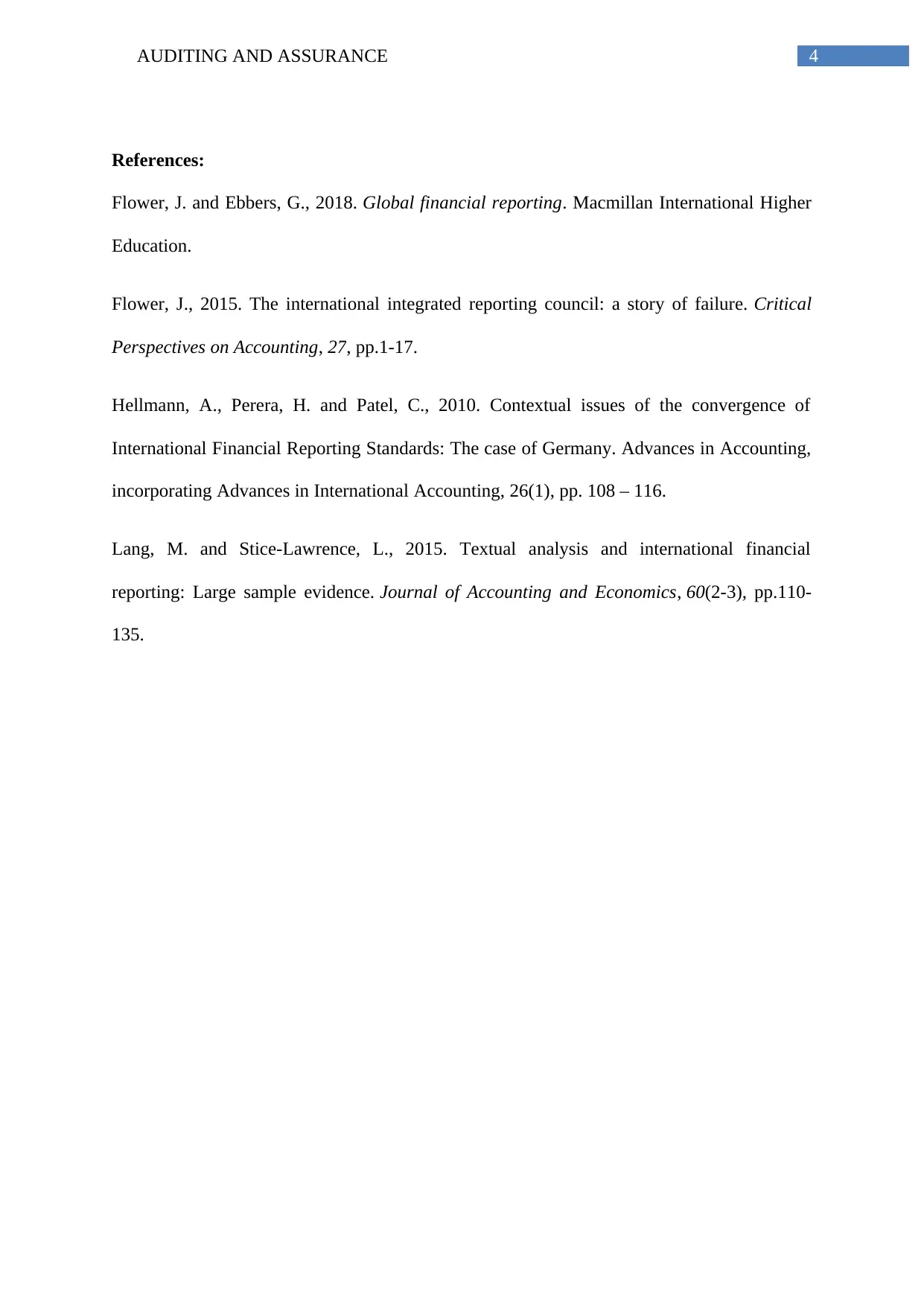






![[object Object]](/_next/static/media/star-bottom.7253800d.svg)